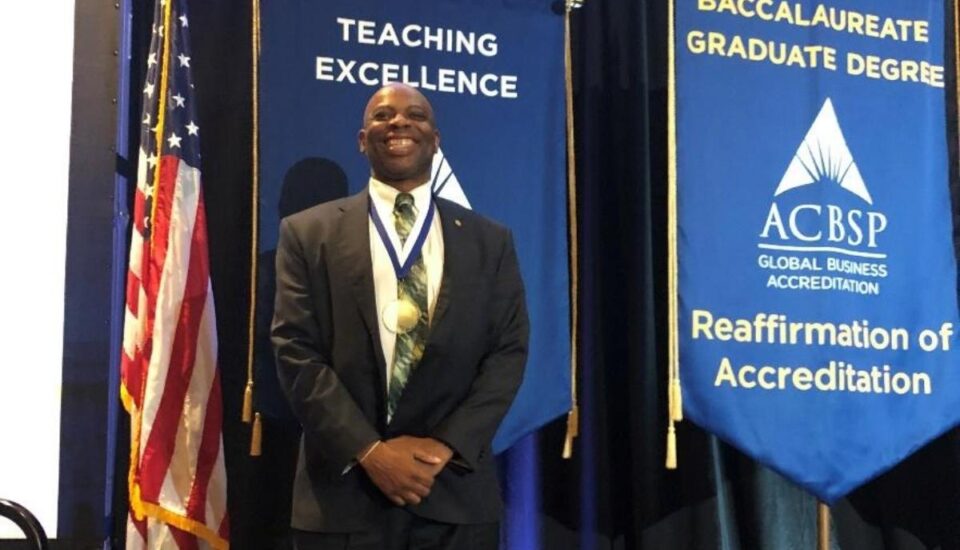
Retiring Early: Planning Out Your Exit Strategy

“I was ready! In my early 40s, I started thinking about retiring early. I sat through my organization’s mid-career retirement classes and had gotten several retirement estimates (i.e., different retirement years). I had kept myself marketable by continuing to take advantage of career opportunities and obtaining additional education in my professional field. Some co-workers mocked me because they said any scholarly education would not advance my career.
Yet, I felt that professional growth and a continual learning mindset would only increase my value in the market. I had developed an exit strategy. Working with my friend (Dr. Gary Roberts), I had mapped out a future purpose in academia. I could fully utilize my professional experience while at the same time applying my other skill sets. However, things did not work out as planned. The time and opportunities did not align with my plans. In fact, it took 9 years and more than 200 job applications for the exit strategy to work. Because I was patient and adaptable, God opened up a door, which was much better than my initial plan. Having an exit strategy was invaluable!”
Are you happy with your current job? In general, US employees are satisfied with their work life. According to a 2016 Pew Research Center study, about half (49%) of American workers say they are very satisfied with their current job. Yet, 30% of them are somewhat satisfied, and the remainder says they are slightly dissatisfied (9%) or very dissatisfied (6%).
When individuals are not happy at work, this mindset impacts other aspects of their lives.[1] With that said, some people have careers that absorbed them and make them unhappy. When I wrote my new book, Mapping Out Life After Retirement, I hope to assist prospective and current retirees on how to have a more fulfilled life. Effective planning is one of the essential ingredients. In this series, we will discuss how individuals can retire early with the right kind of strategy. In most cases, prospective retirees are working on without a meaningful plan for retirement and lack a good exit strategy from their current employment.
Retiring early is a difficult task in today’s financial requirements for living. In 2016, I retired from my career of 27 years at the age of 50 years old. Waiting for me was my abbreviated pension and my ideal job (started the same month that I retired). To retire early is indeed a blessing from God.
However, I had planned my exit strategy for several years. Yet, millions of Boomers may not be physically and mentally ready for retirement savings today to retire. This reality is troubling after working long hours, taking care of families, putting children through school, and even caring for their senior parents. In the Insured Retirement Institute (IRI) survey, “Boomers Expectations for Retirement 2016, there are some startling statistics that will clarify some of the challenges for a Baby Boomer retirement:
- The percentage of Baby Boomers who are satisfied with how their lives are going from an economic perspective has fallen to 43%, which is the lowest level since 2011.
- Boomers are less confident than they were five years ago about almost every aspect of retirement.
- Among the 55% of Boomers with retirement savings, 58% have saved $100,000 or more for retirement. When Boomers work with financial advisors, this increases to 78%.
- Only one in four Boomers expect significant income from an employer-provided pension.
- One in five Boomers are worried they will not have enough savings for necessary expenses.
As the statistics have shown you, there are many reasons why many Baby Boomers will not retire anytime soon due to the current economic conditions and their lack of serious planning. In this case, retiring early will take a different strategy to be successful. Thus, sitting down and mapping out a personal exit strategy for retirement is critical. This situation means talking with wise advisors, family, and former co-workers who are retired. In many cases, most retirees are happy to discuss their experience with retiring, including their mistakes and pitfalls. Based on my own exit strategy I utilized in my retirement, below are some simple suggestions for developing your exit strategy for retirement:
- Talk with retirees about the pros and cons of retirement.
- Establish objectives/goals for retirement.
- Pick a realistic date for retirement.
- Evaluate current financial and lifestyle situation.
- Research materials on retirement.
- Take company/organization sponsored retirement courses.
- Talk with several financial planners about your personal goals.
- Come up with a magical number that makes retirement possible.
- Talk with trusted family and friends about exit strategy on retirement.
- Surround yourself with individuals who will support your decision, but are willing to give you honest, candid feedback.
- Develop and implement your exit strategy once developed.
- Know your worth in the market (especially in job hunting).
- Be happy and content with your decision! I’ve met people who habitually second-quests themselves in every decision that they make.
Without a good exit strategy, retiring early will be a fairy tale and not a reality for many people. In today’s discussion, I showed how individuals can retire early with the right kind of strategy. Some working professionals rely on the fact that they have significant incomes. Yet, they live miserable lives in the process. They are trapped in a mental prison in the hope of escaping this burden. They hope for an exit strategy. Thus, these individuals dream about retirement as a way of living a more filled life. What is holding you back in your retirement plans? Let’s get started!
© 2018 by Dr. Daryl D. Green
[1] “How Americans view their jobs” by Pew Research Center




